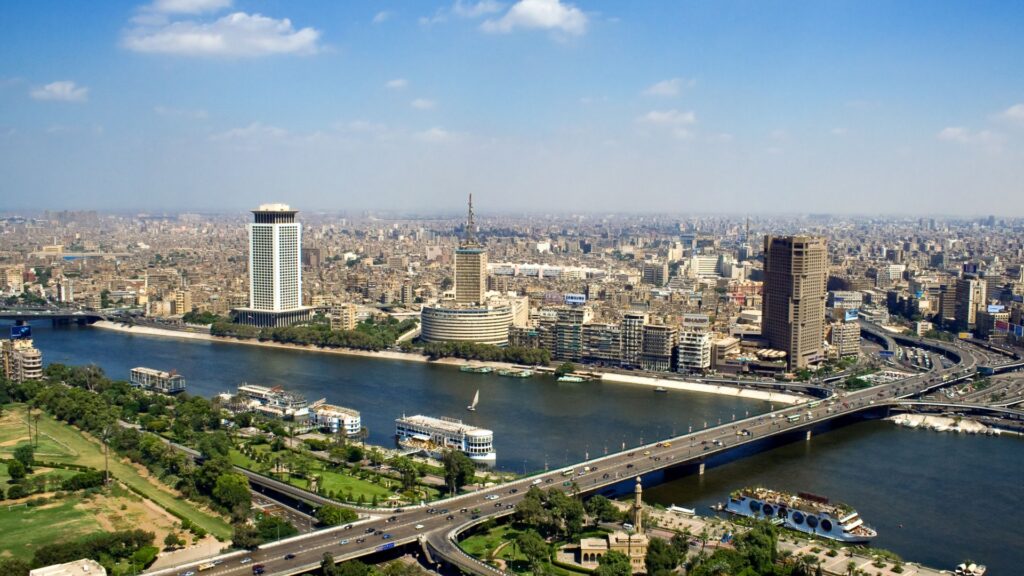- Home
- Switch to electric cars in Egypt, how much are you saving?
Switch to electric cars in Egypt, how much are you saving?
Electric vehicles (EVs) are gaining traction in Egypt, bolstered by government incentives and initiatives aimed at reducing the country’s reliance on fossil fuels. The Egyptian government has launched several programs to support EV adoption, such as tax exemptions, reduced customs duties, and subsidies for the purchase of EVs. Additionally, Egypt’s expanding charging infrastructure, particularly in major cities like Cairo and Alexandria, is making it more convenient for consumers to make the switch from gasoline vehicles. The lower operating and maintenance costs of EVs, along with the government’s push for clean energy, make EVs a cost-effective and environmentally friendly option in the long run.
However, challenges such as the high upfront cost of EVs, limited availability of models, and a need for further infrastructure development, especially in rural areas, persist. Egypt is also focusing on boosting its renewable energy sources, which will reduce the carbon footprint of EVs in the future. With the increasing availability of affordable EV models and improvements in battery technology, EV adoption in Egypt is expected to rise, contributing to the country’s commitment to cutting carbon emissions and achieving its climate goals. The government aims to have 10% of new car sales in Egypt be electric by 2030.

| Aspect | Electric Vehicles (EVs) | Gasoline Vehicles (GVs) |
|---|---|---|
| Energy Efficiency | Over 85% efficiency, meaning most energy is used for propulsion. | Lower efficiency due to heat loss in combustion. |
| Consumption (100 km) | 15 kWh (electricity) | 6 liters (gasoline) |
| Cost per 100 km | $1.77 (15 kWh × $0.118/kWh, Egypt’s electricity price) | $7.20 (6 liters × $1.20/liter, estimated fuel cost) |
| Annual Cost (15,000 km) | $265.50 | $1,080.00 |
| Annual Cost (25,000 km) | $442.50 | $1,800.00 |
| Annual Cost (30,000 km) | $531.00 | $2,160.00 |
| Annual Cost (50,000 km) | $885.00 | $3,600.00 |
| Annual Cost (70,000 km) | $1,239.00 | $5,040.00 |
| Annual Savings (15,000 km) | $814.50 | – |
| Annual Savings (25,000 km) | $1,357.50 | – |
| Annual Savings (30,000 km) | $1,629.00 | – |
| Annual Savings (50,000 km) | $2,715.00 | – |
| Annual Savings (70,000 km) | $3,801.00 | – |
| Maintenance Costs | Lower: No oil changes, timing belts, or exhaust systems. | Higher: Requires regular oil changes and more mechanical upkeep. |
| CO₂ Emissions | Very low, especially as Egypt increasingly shifts to renewable energy sources. | High emissions due to combustion of fossil fuels. |
| Government Incentives | Tax exemptions, subsidies for EV purchases, and exemptions from customs duties. | No special incentives. |
| Infrastructure Growth | Expanding charging infrastructure, particularly in Cairo and Alexandria. | Well-established fuel station network. |
| Energy Security | Reduces reliance on imported fossil fuels, especially as Egypt develops renewable energy sources. | Dependent on global oil markets and price fluctuations. |
| Technology Evolution | Battery technology improving, with expected reductions in costs and increased lifespan. | Limited improvements in fuel efficiency and emissions. |
| Long-Term Viability | Key to Egypt’s sustainable transportation and environmental goals. | Facing increasing environmental and regulatory challenges. |

